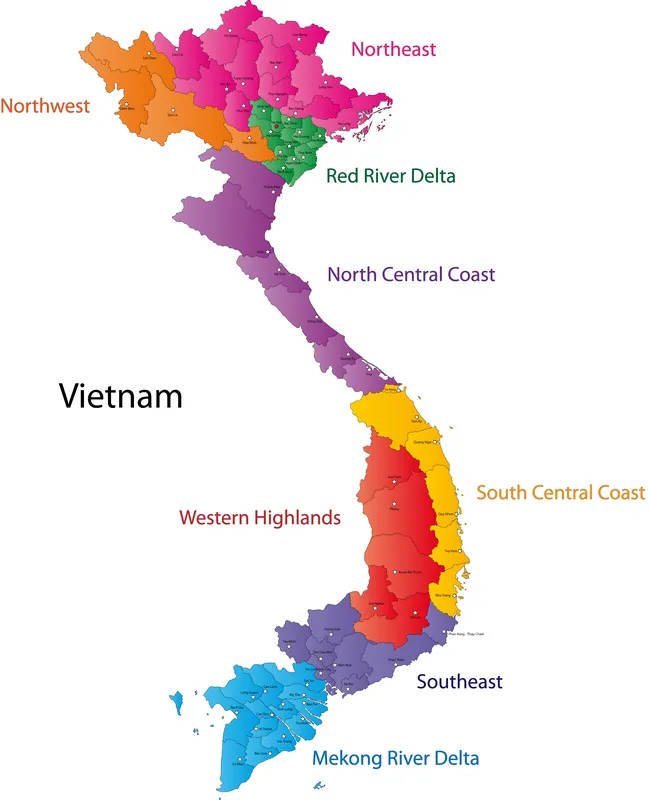The authorities in Vietnam are taking steps to toughen enforcement against drivers who break regulations.
February 27, 2012
Read time: 1 min
The authorities in Vietnam are taking steps to toughen enforcement against drivers who break regulations. The move is being made in a bid to reduce accident levels on Vietnam's congested roads. Increases in fines are being introduced for an array of offences. The Road and Railway Department of the Public Security Ministry will work with police to catch offenders. Truck drivers without the correct licence will be targeted in the crack-down. The authorities are cracking down on the use of vehicles that do not meet safety requirements and are without headlights, brake lights, windscreen wipers, lighting for number plates, speedometers, rear view mirrors and fire extinguishers. The Vietnamese authorities will also require all trucks to be fitted with a route recording device by mid 2013.







